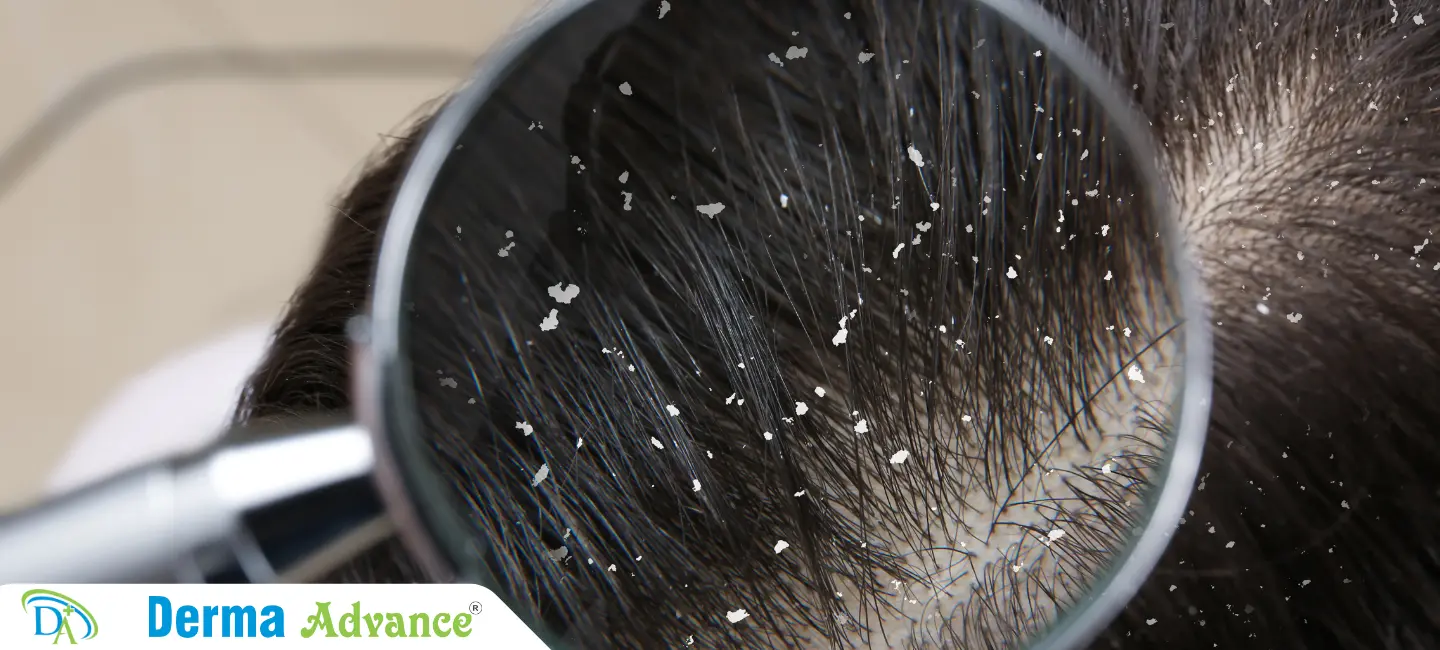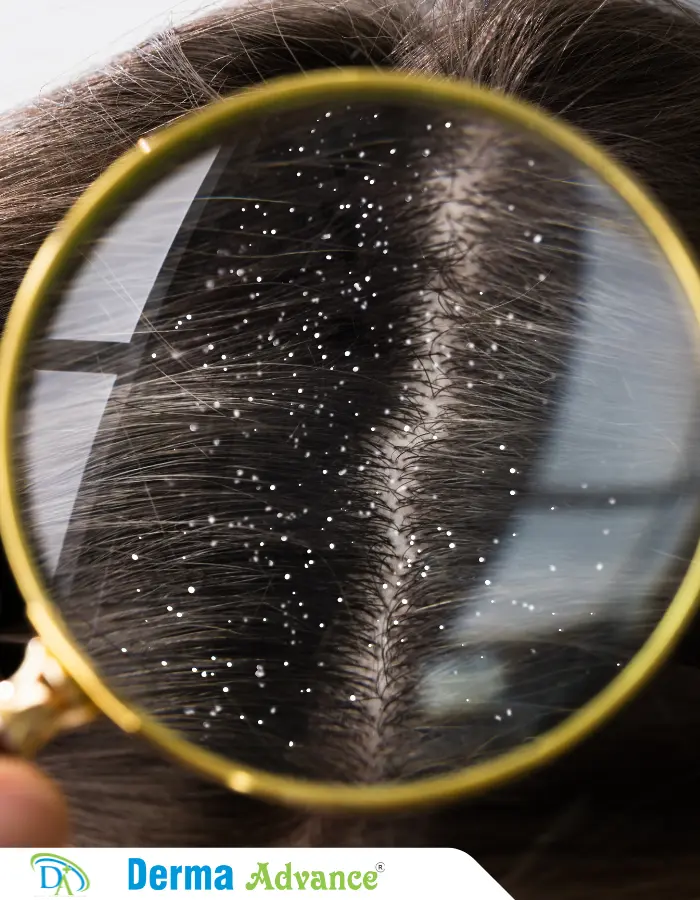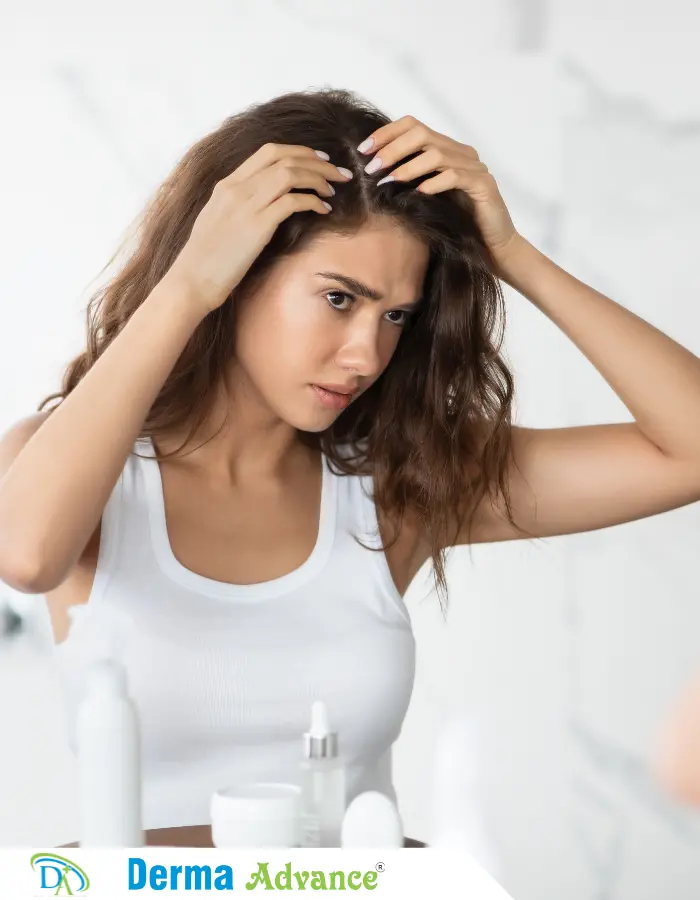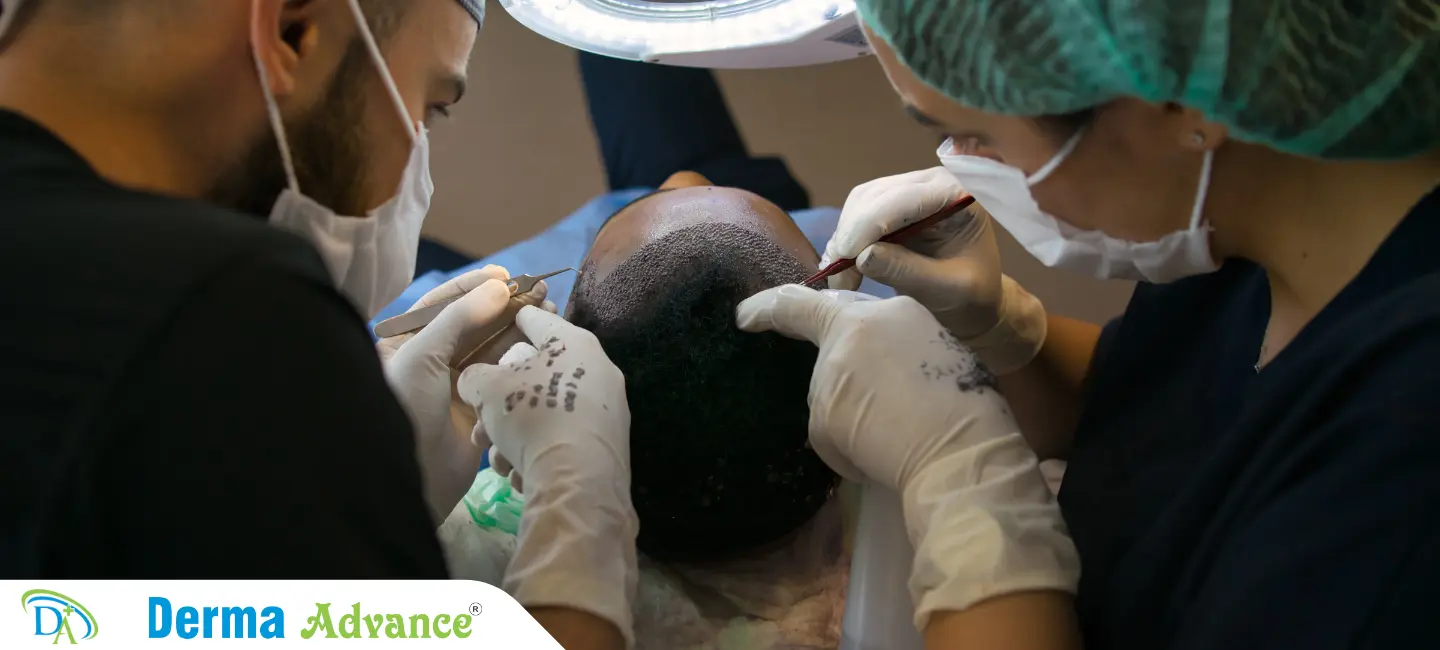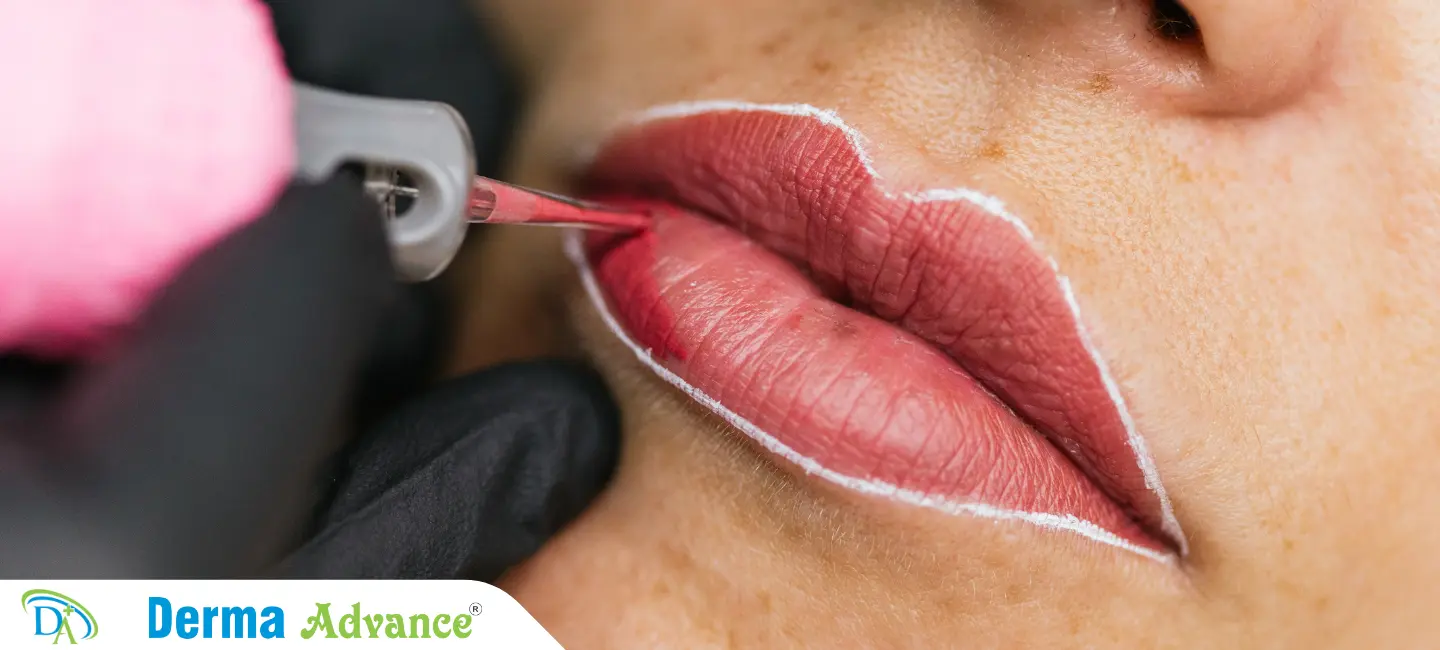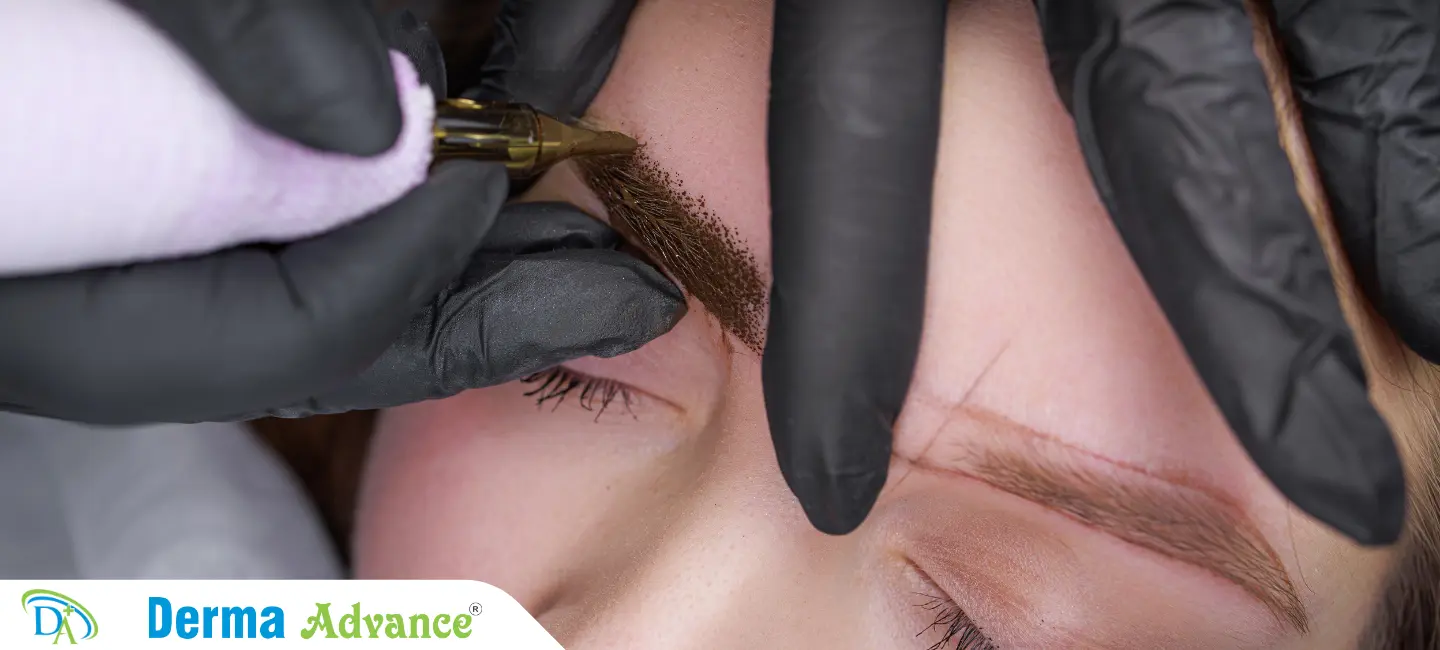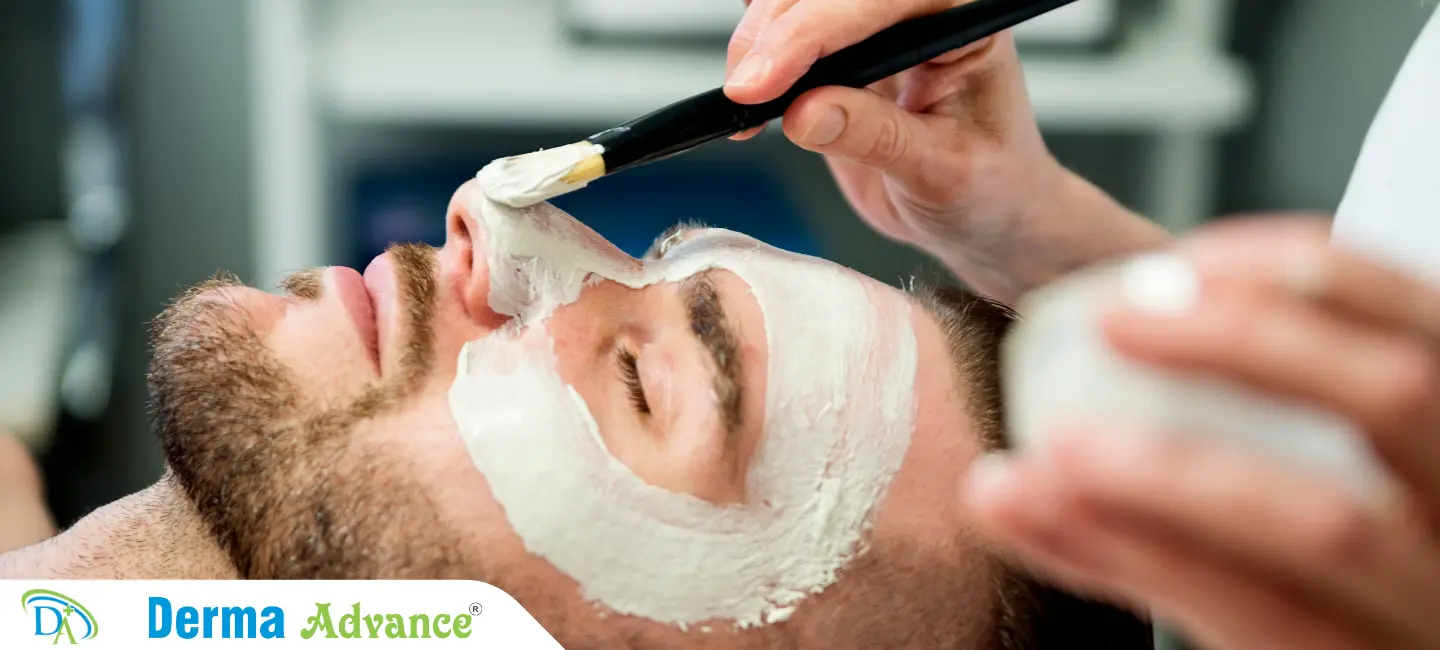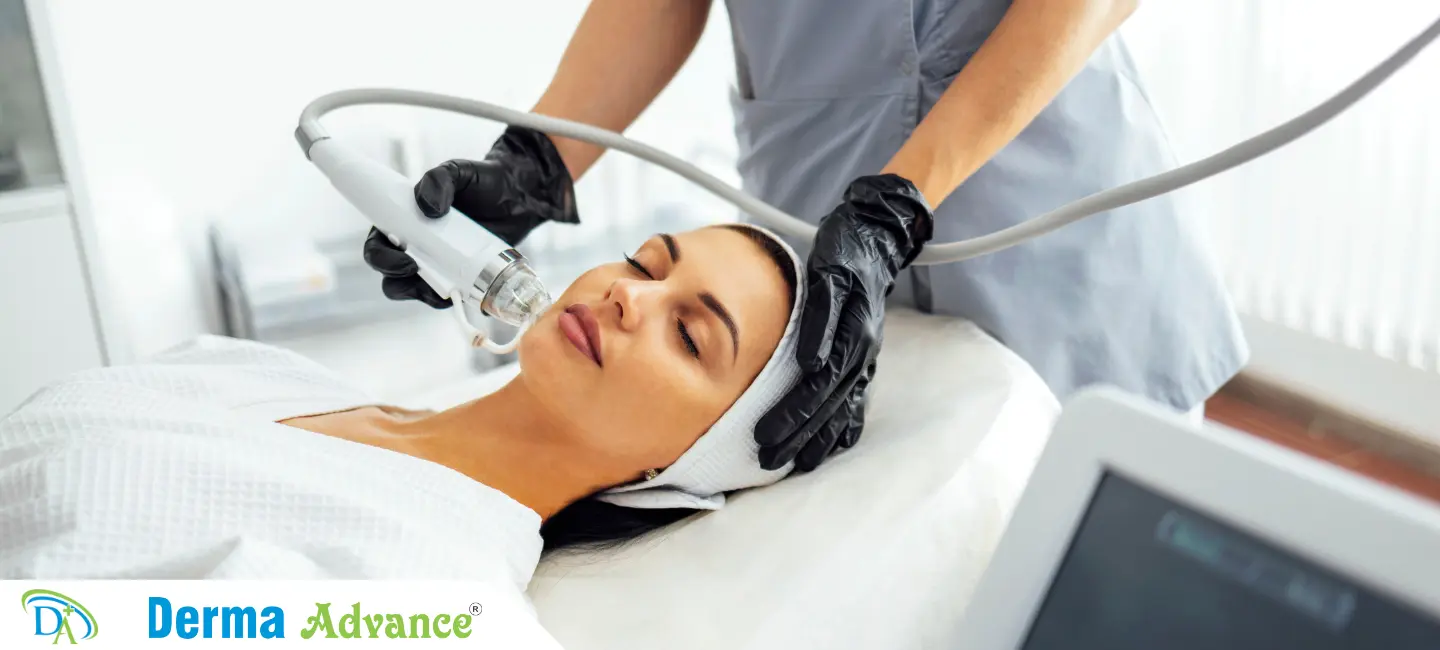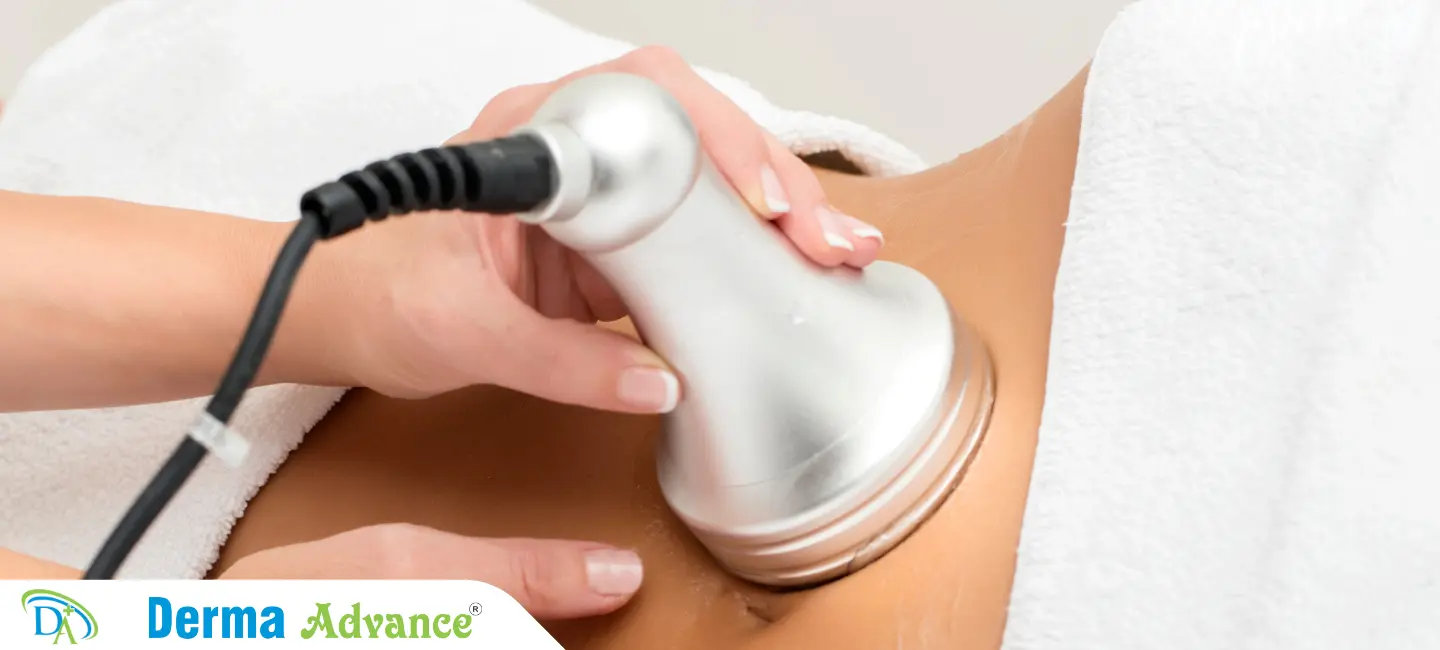What is Dandruff?
Dandruff is a common scalp condition causing flaky skin and itching, often due to excessive scalp oil production or fungal overgrowth.
Dandruff results from the accelerated shedding of dead skin cells on the scalp, visible as white or yellowish flakes in the hair and on clothing. Itching and scalp irritation are common symptoms, exacerbated by factors like dry skin, oily scalp conditions, or fungal infections.
Treatment focuses on controlling scalp inflammation and reducing flaking through medicated shampoos containing anti-fungal agents or keratolytic ingredients. Regular scalp hygiene practices and lifestyle adjustments help manage dandruff effectively, promoting scalp health and minimizing recurrence.
Immense Care
We aim to provide immense care tailored to manage and treat your health condition. Be assured, you are in safe hands!
Modern Techniques
We provide modern treatments to ensure you get the quickest and most effective solution to your health conditions!
Symptoms of Dandruff
What are the Symptoms of Dandruff?
Dandruff manifests as white or yellowish flakes on the scalp, visible on hair and clothing, indicating excessive skin shedding. Scalp itching, dryness, or redness may accompany dandruff, affecting daily comfort and hair care routines.
Prolonged dandruff symptoms may lead to scalp sensitivity or inflammation, contributing to scalp discomfort and social embarrassment. Effective management involves using anti-dandruff shampoos, scalp exfoliation techniques, and scalp moisturizers to alleviate dryness and reduce flaking.
Psychological distress from visible dandruff flakes may impact self-esteem, emphasizing the importance of personalized dandruff management strategies tailored to individual scalp conditions and lifestyle factors.
Flaky Scalp
Presence of white or yellowish flakes on the scalp, indicative of excessive skin shedding and common dandruff symptoms.
Scalp Itching
Persistent itching or irritation of the scalp, exacerbated by dandruff flakes or scalp dryness, affecting daily comfort and scalp health.
Scalp Dryness
Dry, tight sensation on the scalp, often accompanied by visible dandruff flakes and requiring scalp moisturization for symptom relief.
Scalp Redness
Red or inflamed patches on the scalp, associated with severe dandruff symptoms or scalp irritation, requiring targeted scalp care interventions.
Scalp Sensitivity
Increased scalp sensitivity or discomfort, influenced by dandruff symptoms like itching, flaking, or dryness, impacting scalp health and daily activities.
Social Impact
Emotional distress or self-consciousness from visible dandruff symptoms, affecting self-esteem and social interactions in affected individuals.
Diagnosis of Dandruff
1
Scalp Evaluation
Visual inspection of scalp flakes or dry patches, aiding in dandruff diagnosis and treatment planning based on scalp condition severity.
2
Flaking Severity Assessment
valuation of flaking intensity or scalp dryness using standardized scales or visual examination, guiding dandruff severity classification and treatment recommendations.
3
Lifestyle Factors
Review of stress levels, dietary habits, and scalp care routines influencing dandruff onset or exacerbation, supporting personalized management strategies.
4
Scalp Health History
Comprehensive review of scalp health history, including prior dandruff episodes or scalp conditions, informing diagnostic criteria application and treatment planning.
5
Scalp Microbiome Analysis
Analysis of scalp microbiota composition, identifying microbial imbalances or dysbiosis contributing to dandruff development and guiding targeted treatment approaches.
6
Differential Diagnosis Considerations
Differentiating dandruff from other scalp conditions, such as scalp psoriasis or seborrheic dermatitis, based on distinctive clinical features and diagnostic assessments.
Book Your Appointment
Find Solution to Dandruff Now!
Meet Our Expert Dandruff Specialists


Treatment of Dandruff
How is Dandruff treated?
Dandruff treatment involves using anti-fungal shampoos containing zinc pyrithione, ketoconazole, or selenium sulfide to reduce scalp inflammation and flaking. Regular use of medicated shampoos helps control dandruff symptoms and restore scalp health.
Scalp exfoliation techniques, such as gentle brushing or exfoliating scrubs, aid in removing dead skin cells and promoting healthy scalp circulation. Moisturizing scalp creams or oils alleviate dryness and scalp irritation associated with dandruff, enhancing treatment effectiveness.
Lifestyle adjustments, including stress management techniques and dietary modifications, support overall scalp health and minimize dandruff triggers. Consultation with a dermatologist ensures personalized treatment plans tailored to individual scalp conditions and treatment response.
Anti-Fungal Shampoos
Use of shampoos containing zinc pyrithione, ketoconazole, or selenium sulfide to target fungal overgrowth and reduce scalp inflammation associated with dandruff.
Scalp Exfoliation
Gentle scalp brushing or exfoliating scrubs to remove dead skin cells and promote healthy scalp circulation, enhancing dandruff treatment outcomes.
Scalp Moisturizers
Application of hydrating scalp creams or oils to alleviate scalp dryness, soothe irritation, and support overall scalp health in individuals with dandruff.
Lifestyle Modifications
Incorporation of stress reduction techniques, dietary adjustments, and regular scalp care routines to minimize dandruff triggers and promote long-term scalp health.
Dermatological Consultation
Expert evaluation and personalized treatment plans from a dermatologist, ensuring effective management of dandruff symptoms and scalp health maintenance.
Alternative Therapies
Exploration of complementary treatments, such as herbal remedies or acupuncture, to alleviate dandruff symptoms and support scalp health in affected individuals.
Causes of Dandruff
1
Scalp Oil Overproduction
Excessive sebum production by scalp glands, creating an ideal environment for fungal growth and contributing to dandruff flaking.
2
Fungal Overgrowth
Proliferation of Malassezia fungus on the scalp, triggering skin cell turnover acceleration and exacerbating dandruff symptoms.
3
Hair Care Product Sensitivity
Allergic reactions or scalp sensitivity to hair care products, leading to scalp irritation, inflammation, and potential dandruff onset.
4
Dry Scalp Conditions
Inadequate scalp moisturization or environmental factors causing scalp dryness, compromising skin barrier function and contributing to dandruff development.
5
Stress and Hormonal Factors
Psychological stress or hormonal fluctuations influencing sebum production and scalp health, exacerbating dandruff symptoms in susceptible individuals.
6
Genetic Predisposition
Family history of dandruff or scalp conditions, indicating genetic susceptibility to excessive skin shedding and dandruff formation.
How to Prevent Dandruff?
Dandruff is a common scalp condition causing flaky skin and itching, often due to excessive scalp oil production or fungal overgrowth.
Proactive scalp care includes using mild, pH-balanced shampoos, avoiding excessive hair product use, and practicing regular scalp cleansing to prevent dandruff.
Stress reduction techniques and scalp moisturization promote scalp health, minimizing dandruff triggers and supporting healthy skin barrier function.

